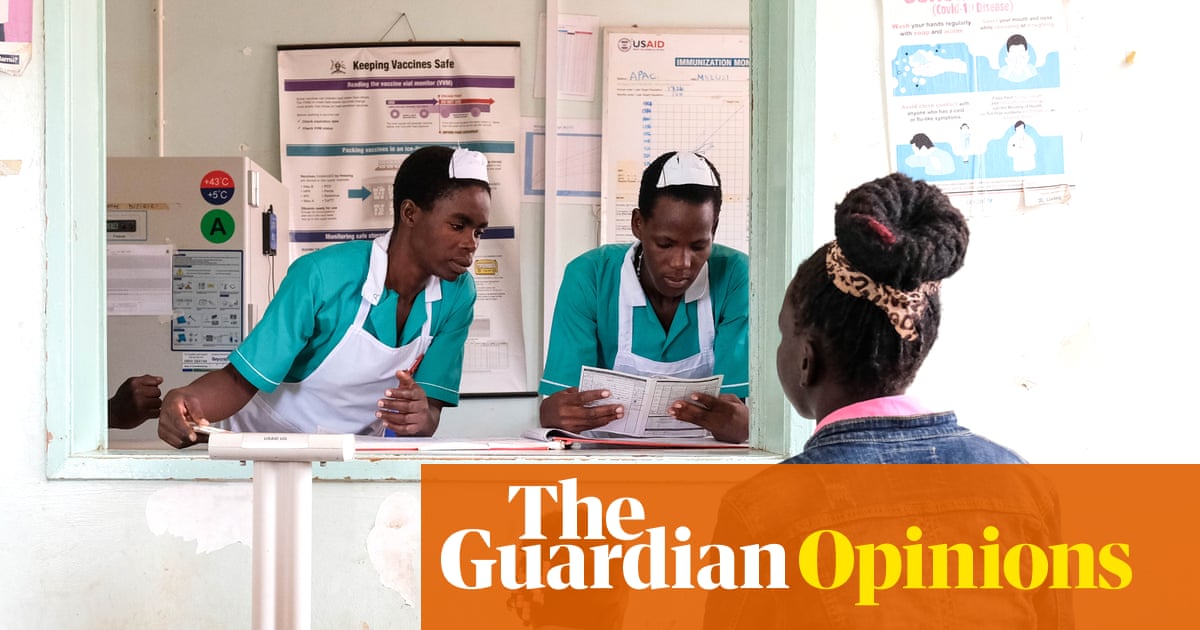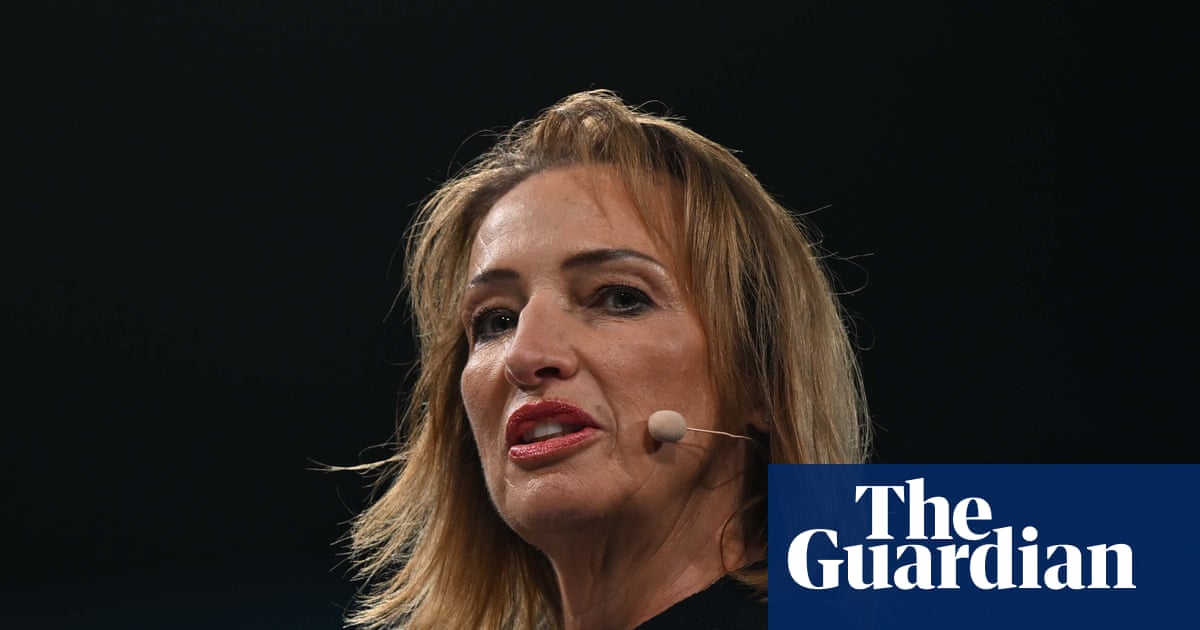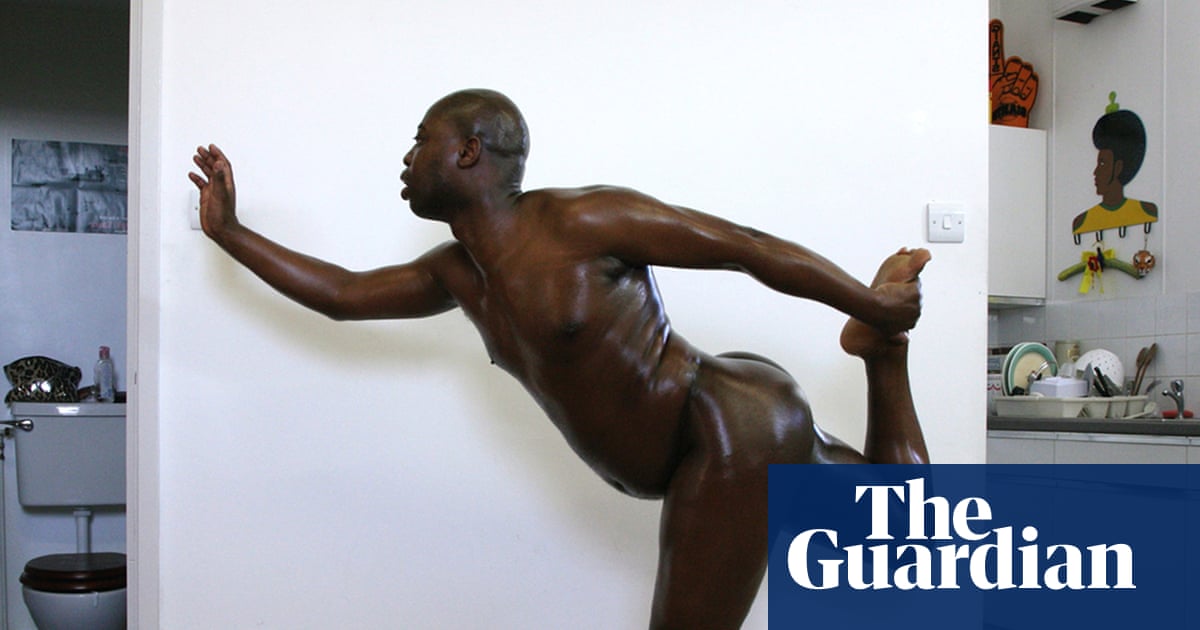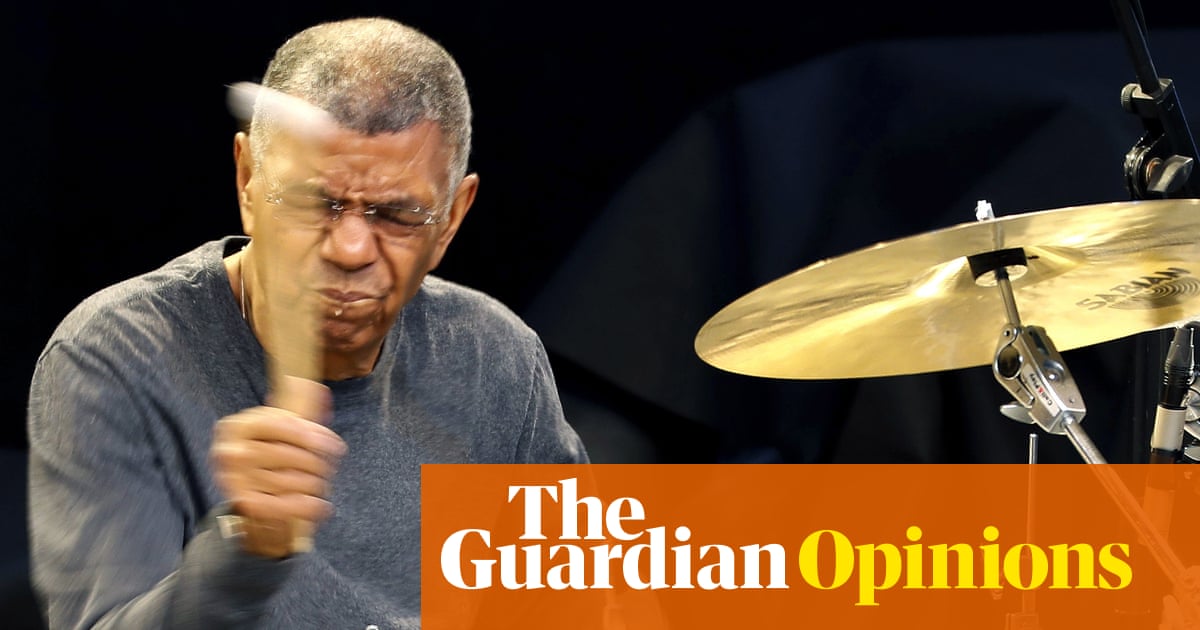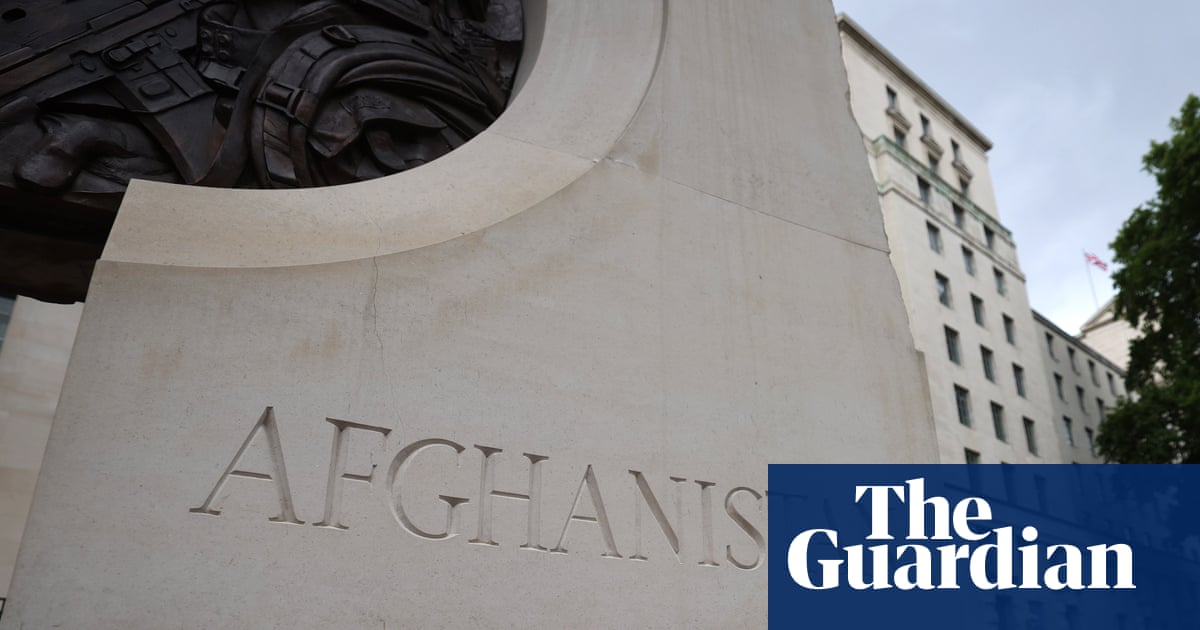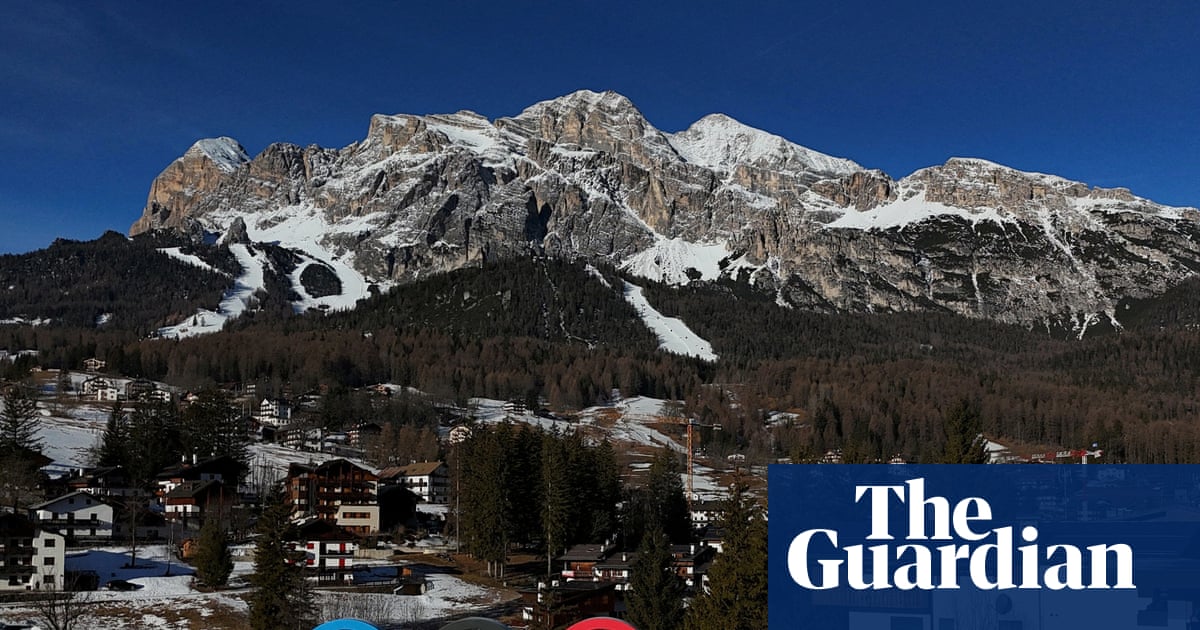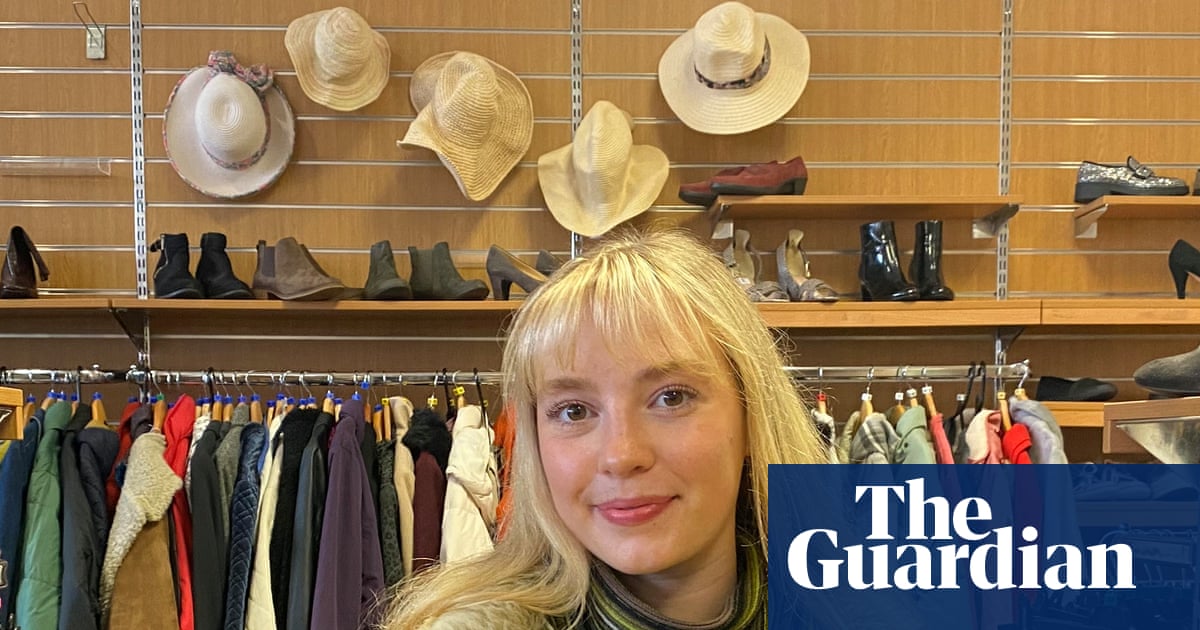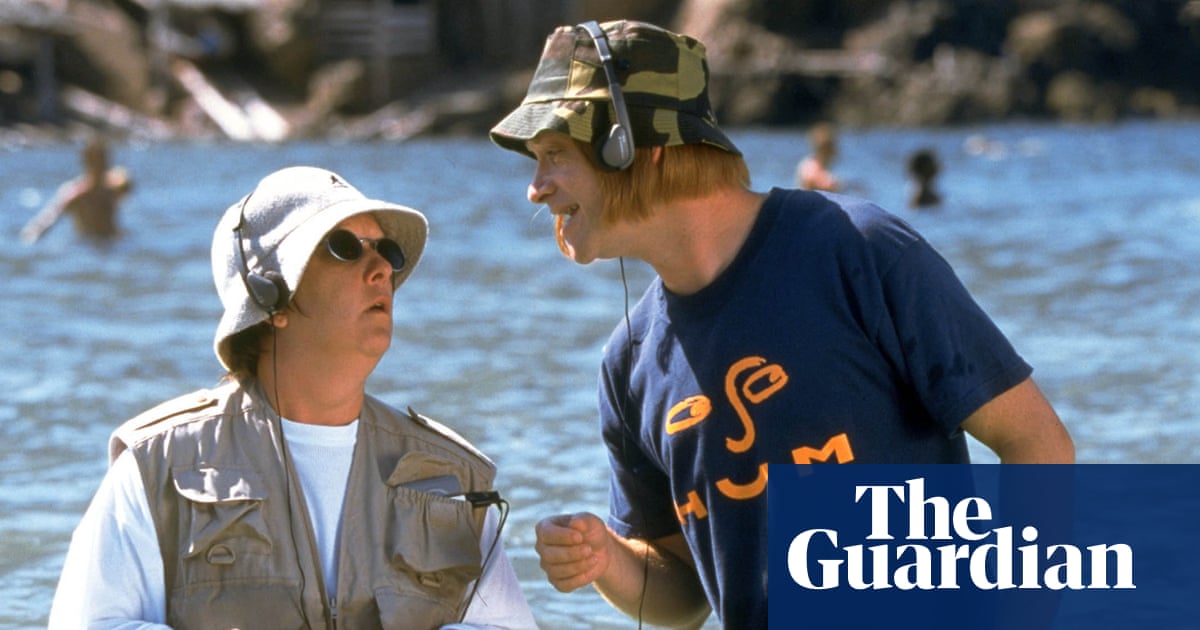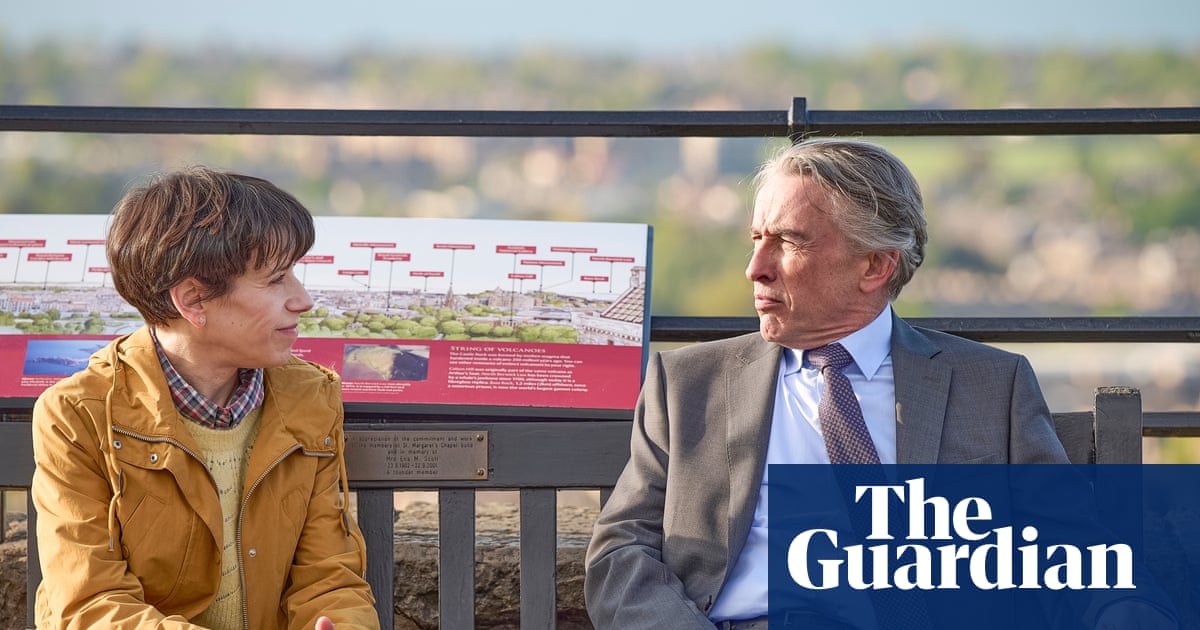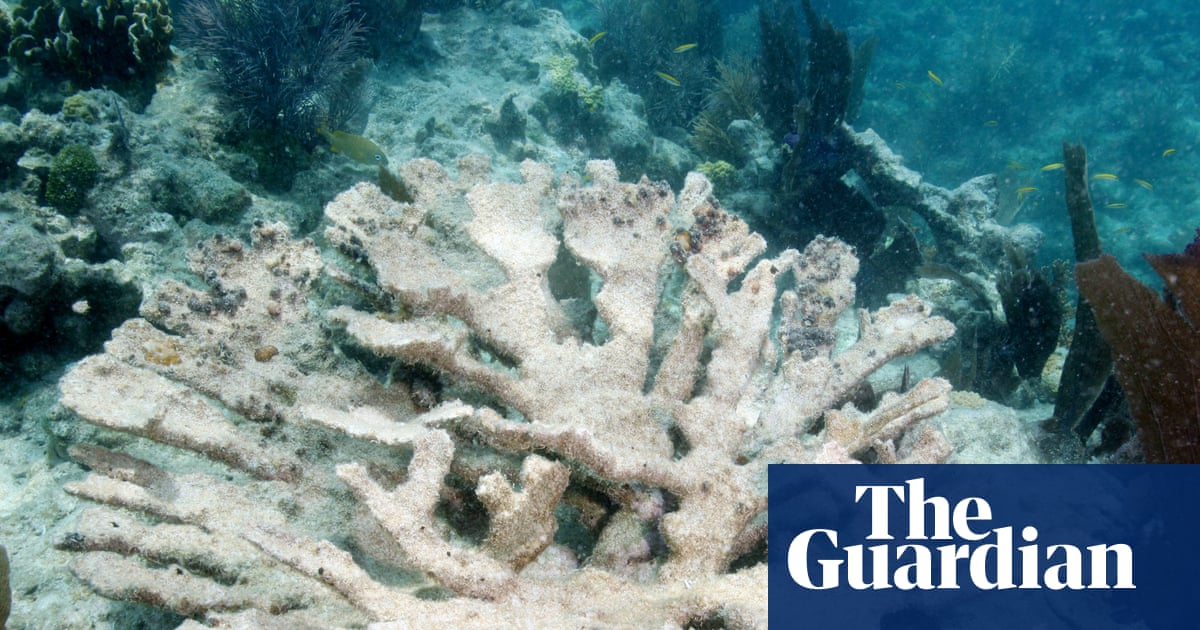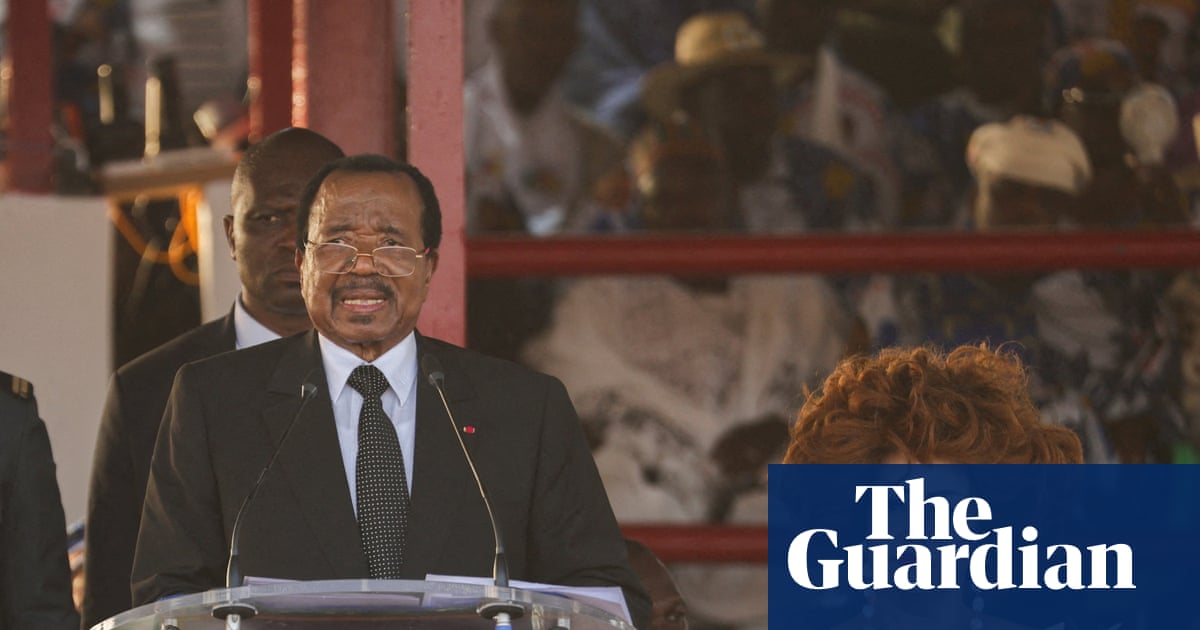Hello and welcome to The Long Wave. I’m Natricia Duncan, the Guardian’s Caribbean correspondent, based in Jamaica. I’m taking over this week to focus on the sticky subject of migration between the UK and the Caribbean, how young people on both sides of the pond are connecting to heal old wounds, and why Barbados is inviting its diaspora to come home.
Since the HMT Empire Windrush cruised into Tilbury Docks, Essex, in June 1948, laden with the dreams and aspirations of people in search of a better life, there has been a constant flow of migrants from the Caribbean to the UK.
Despite suffering venomous xenophobia from a British population largely unprepared or unwilling to accommodate the influx of Black migrants, Caribbean people kept coming. Many believed they were going to a better place, from which others had returned seemingly transformed – haloed by the mystery of the faraway kingdom, their accents refined and their bank accounts enriched.
By 2021, more than 1.1 million people living in the UK identified as Caribbean, according to that year’s census. And, today, people in Caribbean islands – where economies have been crippled by the lasting legacy of transatlantic slavery and colonialism, and hampered by an increasing number of catastrophic natural disasters due to the climate emergency – continue to seek a better life in the UK.
They haven’t been deterred by the Windrush scandal, which saw Caribbean people wrongly detained and threatened with deportation or actually deported, or by the persistence of negative attitudes towards immigration in the UK. Research published earlier this year by the Migration Observatory revealed that 52% of people polled want immigration reduced and 32% think immigration is a “bad or very bad thing”.
A Caribbean cultural exchange
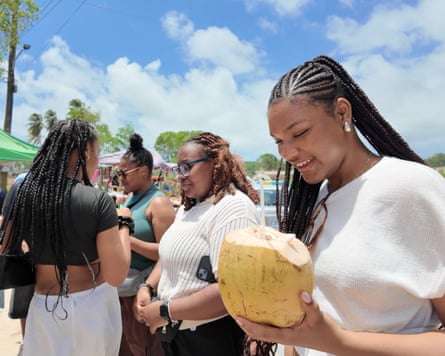
When I spoke to 22-year-old Tia Corbin, a student at the University of the West Indies in Barbados, it was clear that many people still have a powerful aspiration to travel to more developed countries. “I know a lot of my peers and colleagues desperately want an opportunity to travel to somewhere else – and to stay,” she said.
Corbin was recently part of the Windrush I Accelerator, an annual social enterprise project that aims to connect people from the Caribbean diaspora to their roots. It involves UK university students with Caribbean heritage travelling to the region to work with their counterparts to explore how they can combine their skills, heritage, technology and AI to solve some of the Caribbean’s pressing social and economic problems.
This year’s cohort of students flew to Barbados. Frances Trought, the project’s founder, said students in the programme created “solutions which can add to the economic benefit of both the UK and the Caribbean, and to the sharing of cultural heritage”.
Participant Olivia Howell, 20, a social anthropology student at the University of Birmingham, whose grandparents are Jamaican and Cuban, said she was attracted to the programme because she felt as if the Caribbean culture in her community was disappearing.
“I’m part of an antiracism group in Birmingham, and we were discussing how we’ve seen the decline of certain Caribbean spaces, like, for instance, Saturday schools and the carnival in Handsworth [in Birmingham],” she said. In recent times, Caribbean culture has often been linked to negative issues such as the Windrush scandal. “I really want to see more positive aspects, focused on celebrating culture, on economic opportunities.”
Corbin, who wants to study and work outside Barbados, said the programme expanded her options: “It exposed me to all the things I could possibly accomplish here in Barbados and elsewhere.”
after newsletter promotion
‘There’s 166 square miles of love waiting for you’
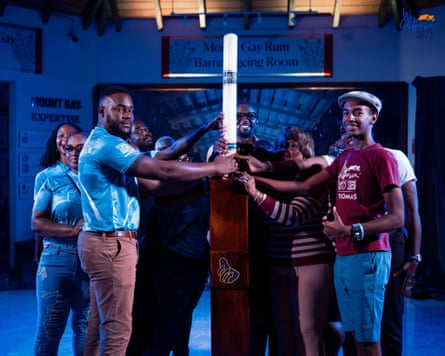
Barbados senator John King, the country’s former minister of culture, also supported the programme. Born in Birmingham, UK, he was moved to Barbados in 1970 at age six. “My parents wanted to get my sister and me out of England due to, I’ll be very blunt, racism,” he said. “They felt that we would have better chances in terms of education and being in a society that accepts us for who we are.”
Connecting the current generations of students in the UK and Caribbean “is going to be perfect for building new relationships between the region and Britain as we go forward”, he told me.
“Some of the students in this programme may very well go on to be the next set of politicians within the region and in the UK,” he said. “If they form relationships now, it makes it much easier for them to do business in the future and to build some bridges which have been broken because of incidents like the Windrush situation, racism and all the other things that keep us apart. It gives these young people the opportunity to become that bridge that we need to move forward as global partners.”
The programme, King added, also complements the Barbados government’s We Gatherin’ initiative, which, among other goals, aims to “deepen the connection between Barbados and its diaspora”.
“There is 166 square miles of love waiting for you in Barbados,” King said to those who feel displaced. “You don’t have to be in London or Europe if you don’t want to be, because there is a place called the Caribbean to open its doors to you.”

 3 months ago
47
3 months ago
47

